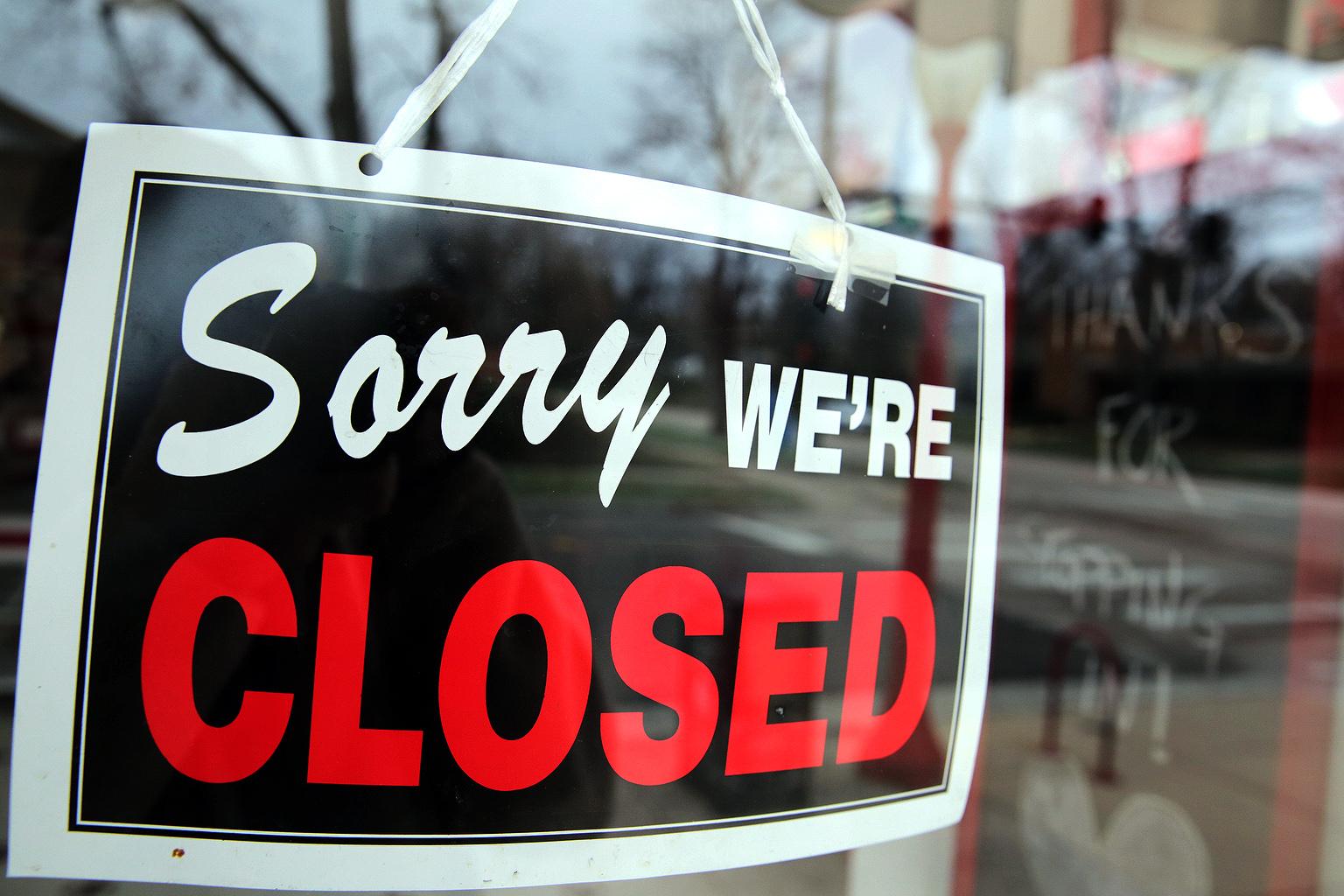
Colorado’s unemployment rate doubled to 11.3 percent in April, the highest in 44 years of records. It was the surest and starkest sign yet of COVID-19’s economic devastation.
The state is doing slightly better than the rest of the country — the national unemployment rate has hit nearly 15 percent. But that’s not saying much amid a historic recession, and in Colorado’s mountain communities, more than a fifth of the jobs have been knocked out.
“All of these data points are historic,” said Cher Roybal Haavind, chief communications officer for the Colorado Department of Labor and Employment.
The state has swung from one extreme to another as unemployment quadrupled from its record low pre-pandemic.
Many of those now out of work have turned to the unemployment insurance system for a safety net. The program has paid out about $1.3 billion in benefits from state and federal sources since the crisis began. Nearly a half-million people have filed unemployment claims in that time, and about 86 percent of them have received unemployment payments.
At the same time, the reopening of businesses has created conflicts between workers and employers. Companies have submitted about 1,000 reports of workers refusing to return to work. That could affect several thousand workers, since most reports name multiple individuals. Employers and workers are required to report refusals.
When a worker refuses to return to a job, they risk losing their unemployment benefits. CDLE staff review each reported refusal. So far, about 15 percent of reported workers have lost their benefits in those cases. Often, that’s because the worker failed to provide documentation to prove that the workplace is unsafe or their health is at risk.
Meanwhile, the state’s main unemployment hotline is consistently jammed. Attendants are taking 4,000 calls per day, but as many as 15,000 requests for help are going unanswered each day, are going to labor department staff. Wait times range from 45 minutes to 2 hours, according to CDLE, but many people simply encounter a busy signal instead.
CDLE has tripled its call center staff, but training can take months, and many new temporary hires are only a couple weeks in. Many of the callers are struggling with “very technical issues” that can only be solved by a call-center agent.
Others are calling with questions about their rights as a worker. CDLE is trying to publish more information, including through an online chatbot, to answer those questions.
State officials also warn that scammers are targeting Coloradans desperate for help. Callers are falsely claiming to be from the labor department and asking for sensitive financial information.
“We will never call a claimant and ask for personal financial information," Roybal Haavind said.
In all, Colorado has lost 323,500 non-farm jobs from March to April. The national unemployment rate surpassed a previous record set in 1982, reaching its highest point since comparable record-keeping began in 1948.









